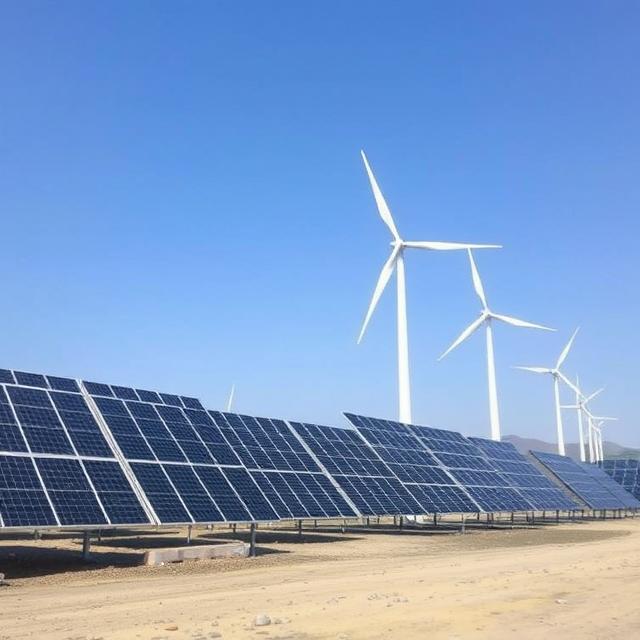Jindal Stainless has taken a significant step toward sustainable steelmaking by committing ₹132 crore (approx. US $16 million) to enhance its renewable-energy portfolio. The investment-targeted at developing a 282 MW solar‑and‑wind hybrid captive power project-is part of the company’s strategy to achieve net‑zero carbon emissions by 2050.
Under a joint venture with Oyster Renewable Energy through a special purpose vehicle (SPV), Jindal Stainless will take a 33.64 per cent equity stake. The total project, valued at ₹1,517 crore, is expected to produce around 700 million units of clean energy annually, displacing grid-sourced power and reducing emissions equivalently.
In the initial funding round, the company has already disbursed ₹79.2 crore, with the remaining amount to be invested by Q3 of FY 2025–26. The SPV, operating under the name “Oyster Green Hybrid One Pvt Ltd,” is being developed across Gujarat and Madhya Pradesh.
Market reaction has been positive-Jindal Stainless shares rose over 3 per cent following the announcement, rebounding about 32 per cent from April lows. The play makes clear environmental and economic sense: captive clean‑energy sourcing boosts margins while aligning with India’s decarbonisation agenda.
The renewable ramp-up builds on earlier initiatives-Jindal has already commissioned a 30 MW solar plant in Odisha’s Jajpur facility and is developing green‑hydrogen and rooftop projects in Hisar and Ghaziabad. MD Abhyuday Jindal noted that renewables currently supply 11 per cent of the company’s power needs, with a goal to scale this to 30‑35 per cent as remaining projects go live.
Steel is cyclical, hold it for the long term, a Reddit user observed, reflecting investor sentiment as Jindal Stainless strengthens its sustainability credentials.
By integrating hybrid renewable projects at scale, Jindal Stainless not only advances its net‑zero agenda but positions itself as a leader in India’s shift toward green steel.





